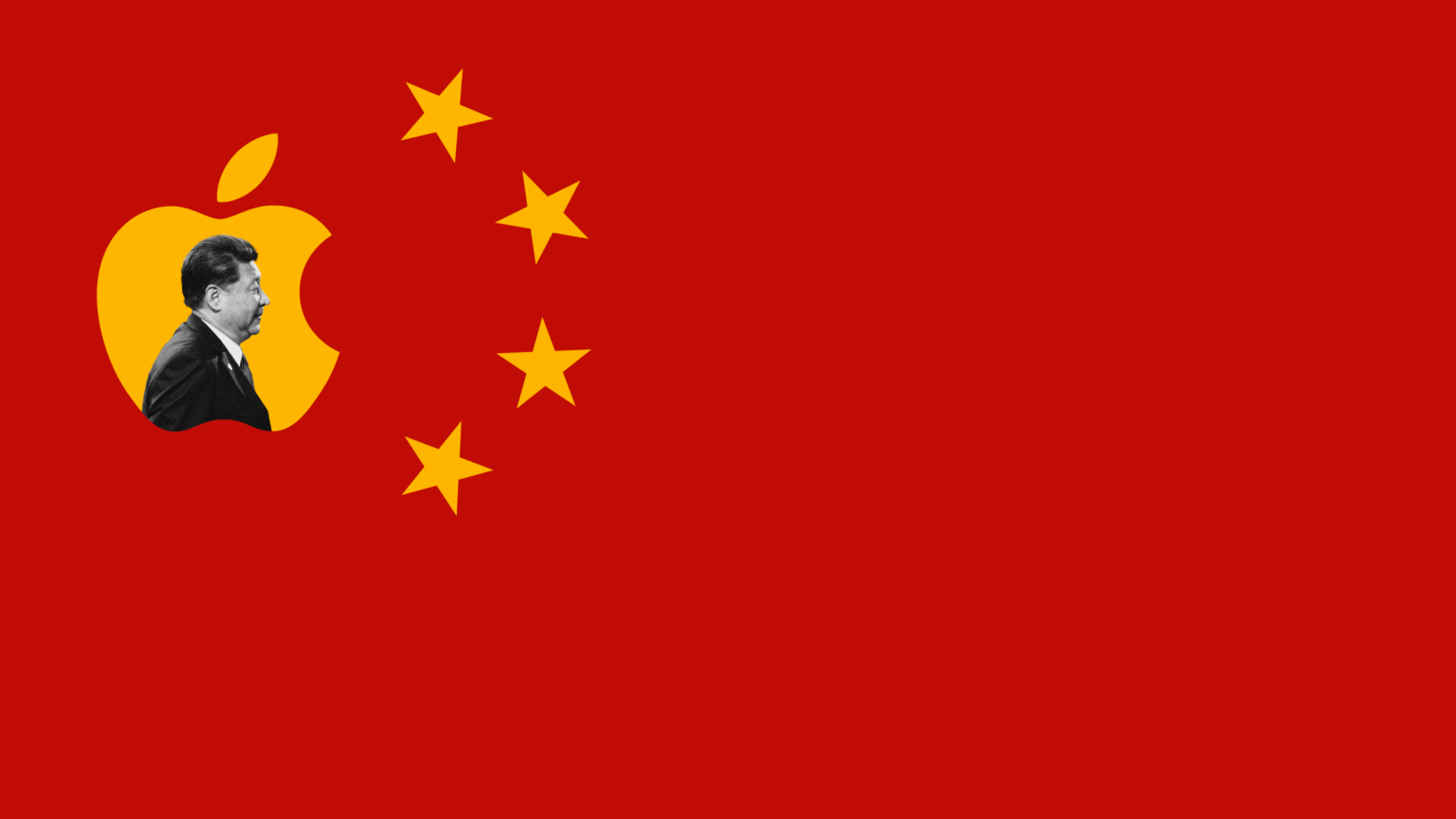China
Get More Than News. Get Insights.
Our daily email brings you smart and engaging news and analysis on the biggest stories in business and finance. For free.
-
Apple’s Fraught Future in China

Photo illustration by Connor Lin / The Daily Upside
Our daily email brings you smart and engaging news and analysis on the biggest stories in business and finance. For free.
